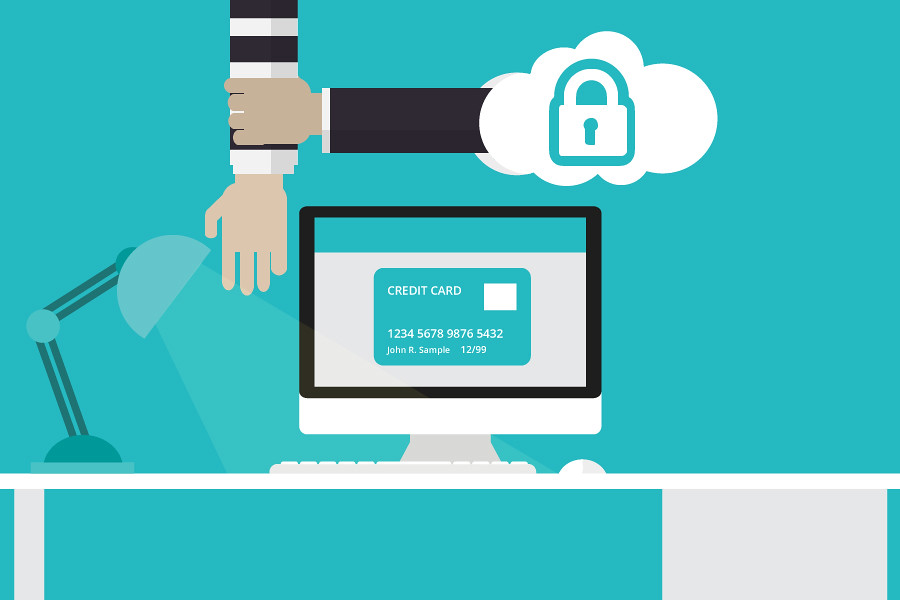There are two main themes about modern businesses that people don’t understand even though we don’t spend a day without hearing about them. These are the concepts of individuals and confidentiality. Individuals are, after all, people. So far, so good, you think. But now, when it comes to the world of businesses, individuality is often ignored and frowned upon. Businesses are perceived as an entity that encourages conformity of the group towards one single vision and voice, the one of the company. In large companies, most employees end up becoming nothing but a number in a payroll system. If you know your classics, you’re probably thinking of Prisoner Number Six’s famous claim “I am a free man, not a number”. Fat chance, in large organizations you are only a number. But that doesn’t mean that small companies have more patience with individuality. They don’t. With the thematic of individuality comes the one of confidentiality, with two-thirds of companies not using technology to protect their confidential data effectively. Can you guess what the biggest risk to a company’s confidential data is? It has nothing to do with technical failure. The most significant risk that a company can encounter about its confidential data is the individual, the very entity that the company ignores too often. For some, this might sound like a bad joke. Unfortunately, it is the tragic reality.
Individual hacking: How secure is your hosting solution?
The most obvious threat to confidential data is the hacker, the person who is interested in stealing data from your company. The hacker as a human is a big threat because his or her intentions can make the difference between a business catastrophe and a friendly warning. Some hackers are known for hacking into private systems and them informing the company of the risk as a way to promote their IT services. Others have no interest in helping. Consequently, the fewer opportunities you give hackers to enter your system, the fewer risks you face. This starts, for instance, with eCommerce websites using an appropriate hosting solution that doesn’t facilitate cyberattacks. WordPress has been named as one of the worst platforms for online retailers, as customers data are managed with a low-security barrier. In other words, if you run your eCommerce website on WordPress – a platform dedicated to blogs – it’s an official invitation for hackers to attack you.
Individual confidentiality breach: How well does your team understand confidentiality?
However, the biggest cybersecurity threats are within your company. In fact, 60% of all attacks are the work of insiders. Let’s ignore the intentional attacks to focus on the accident confidentiality breach. Human error is the most obvious kind of breach, with people sending emails to the wrong person or sharing confidential data with insecure systems. There’s an important step for companies to be made to move from unstructured data to data classification to avoid accidental data loss and exchange that threatens data confidentiality. More importantly, working with a system of data classification allows companies to analyze potentially harmful behavior with sensitive data, and to protect themselves from an individual data breach.
Who in your team is causing your data breach?
When you know that data breach situations are the fault of an individual, it becomes essential to protect your business from harmful individual behavior. What’s the best way to ensure you’re data-breach proof? Working individuality with a friendly hacker who can help you to identify potential IT risks, and using IT to observe high-risk individuals.


No comments yet.